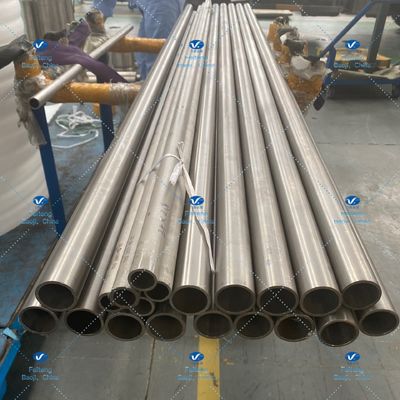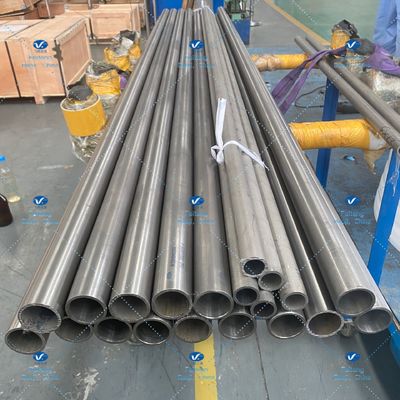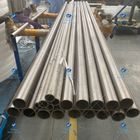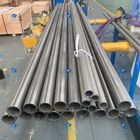Gr2 ASTM B861-06 A Titanium Seamless Tubes Heat Resistance
| Place of Origin | Baoji, Shaanxi, China |
|---|---|
| Brand Name | Feiteng |
| Certification | GB/T19001-2016 idt ISO9001:2015; GJB9001C-2017 |
| Model Number | Titanium Tube |
| Minimum Order Quantity | To be negotiated |
| Price | To be negotiated |
| Packaging Details | Wooden case |
| Delivery Time | To be negotiated |
| Payment Terms | T/T |
| Supply Ability | To be negotiated |

Contact me for free samples and coupons.
Whatsapp:0086 18588475571
Wechat: 0086 18588475571
Skype: sales10@aixton.com
If you have any concern, we provide 24-hour online help.
x| Model Number | Titanium Tube | Certification | GB/T19001-2016 Idt ISO9001:2015; GJB9001C-2017 |
|---|---|---|---|
| Grade | Titanium Gr2 | Specification | ASTM B861-06 A |
| Place Of Origin | Baoji, Shaanxi, China | Brand Name | Feiteng |
| Packaging | Wooden Case | ||
| Highlight | ASTM B861 06 A Titanium Seamless Tubes,Gr2 ASTM Titanium Seamless Tubes,Heat Resistance Titanium Seamless Tube |
||
Titanium Tube Titanium Gr2 ASTM B861-06 a
| Item name |
Titanium Tube |
| Grade | Gr2 |
| Packaging | Wooden case |
| Port of place | Xi'an port, Beijing port, Shanghai port, Guangzhou port, Shenzhen port |
Titanium is a chemical element, chemical symbol Ti, atomic number 22, is a silver-white transition metal, characterized by light weight, high strength, metallic luster, also has good corrosion resistance (including seawater, aqua regia and chlorine). Because of its stable chemical properties, good resistance to high temperature, low temperature, strong acid, strong alkali, as well as high strength, low density, is reputed as "space metal". Titanium was discovered in 1791 by William Gregor in Cornwall and named by Martin Heinrich Klaproth after the Titan of Greek mythology.The presence of impurities in titanium significantly affects the physical, chemical, mechanical properties and corrosion resistance of titanium. In particular, some interstitial impurities can distort the crystal lattice of titanium and affect various properties of titanium.At room temperature, it will not be corroded by hydrochloric acid below 7%, sulfuric acid below 5%, nitric acid, aqua regia or dilute alkali solution; Only hydrofluoric acid, concentrated hydrochloric acid, concentrated sulfuric acid can act on it. The presence of impurities in titanium greatly affects its mechanical properties, especially the interstitial impurities (oxygen, nitrogen, carbon) can greatly improve the strength of titanium and significantly reduce its plasticity. The good mechanical properties of titanium as a structural material are achieved by strictly controlling the appropriate impurity content and adding alloying elements.
Features
1. Low density and high strength
2. Customized according to the drawings required by customers
3. Strong corrosion resistance
4. Strong heat resistance
5. Low temperature resistance
6. Heat resistance







